On June 3, 2014, Grand Challenges Explorations grants were announced for some 52 researchers from around the world. Each will receive $100,000 to conduct early-stage research projects focusing on one of five global health and development challenges selected for this Round.
Moreover, three successful projects from previous Rounds were awarded grants for a second phase of funding and depending on the individual project, could receive funding of up to $1,000,000.00.
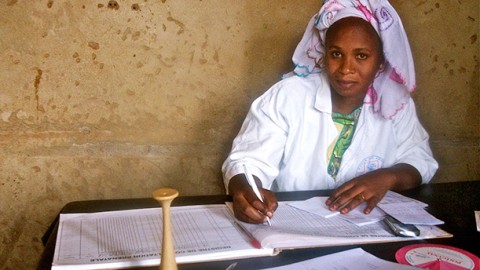
Kris Ansin of the Mali Health Organizing Project in the U.S. will work to improve the use of primary health clinics in Mali by identifying shortcomings in patients’ experiences at the clinics.
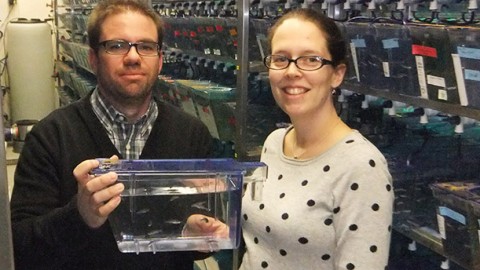
Michel Bagnat of Duke University in the U.S. will study new genetic zebrafish models of acute secretory diarrhea and environmental enteric dysfunction, which are normally caused by infectious pathogens in humans, to study disease pathogenesis and facilitate development of new therapies.
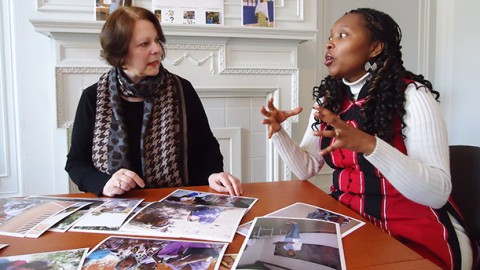
Eliane Ubalijoro and Myriam Gervais of McGill University in Canada will analyze methods to use the knowledge and expertise of rural women smallholder farmers in developing countries to better inform agricultural development projects.
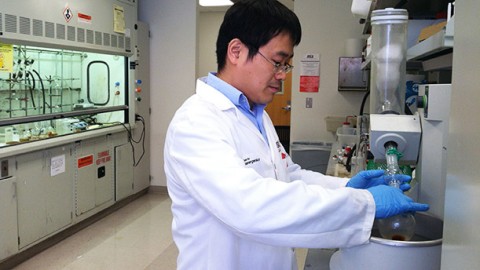
Shengxi Chen of Arizona State University Foundation in the U.S. will produce a male condom using a material to mimic the surface of the skin for a more natural feel, coupled with a chemical to activate erection.
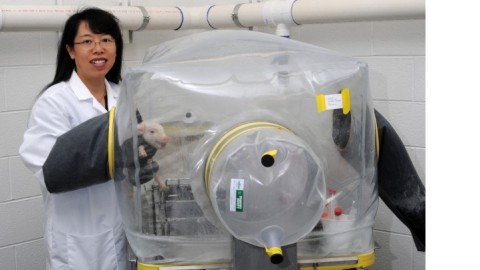
Lijuan Yuan of Virginia Polytechnic Institute and State University in collaboration with others will develop a pig model with impaired intestinal function and altered types of gut microbes to mimic the condition of many children in developing countries who do not respond to vaccines against rotavirus infection, which causes infectious diarrhea.
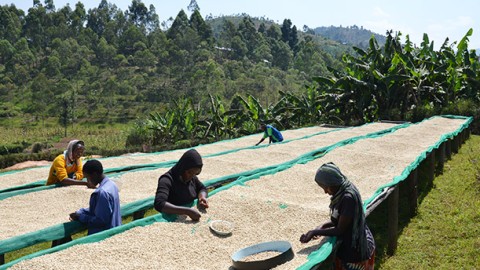
Ranjan Shrestha of SNV (Netherlands Development Organization) in Rwanda will facilitate communication between smallholder coffee producers and district coffee taskforces to boost the coffee sector in Rwanda.

Charles Long of the College of Veterinary Medicine and Biomedical Sciences in the U.S. will develop a strategy for generating single vaccines against diseases that infect both humans and animals (zoonotic) for use in both species that can be locally produced in goat milk.
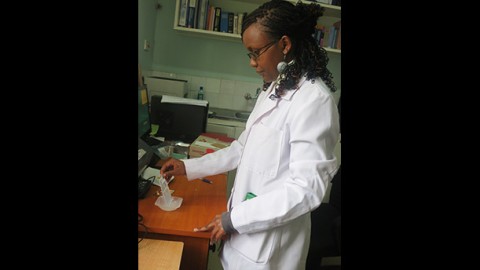
Marya Lieberman of the University of Notre Dame in the U.S. will produce an inexpensive paper card that can easily and quickly measure the quality of over 50 common drugs used to treat both humans and animals.
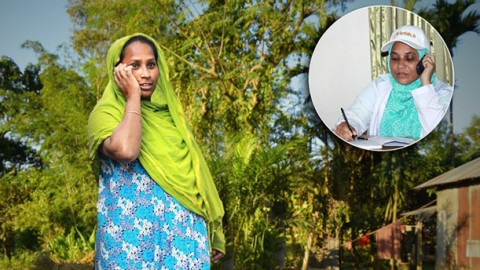
Tanvir Huda of ICDDRB in Bangladesh will improve care and nutrition for pregnant women and young children by setting up a system whereby mobile phones are used to receive nutritional information and financial incentives for positive health-related behavior, such as attending clinics.
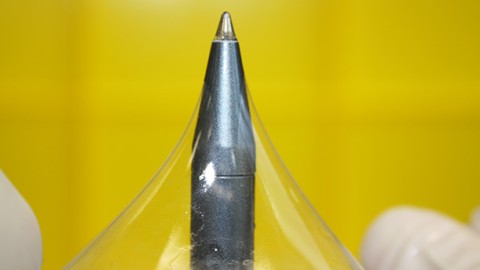
Robert Gorkin of the University of Wollongong in Australia will synthesize and test tough hydrogels as an alternative material to latex for making male condoms with enhanced tactile (touch) sensitivity, thereby improving sexual experience.
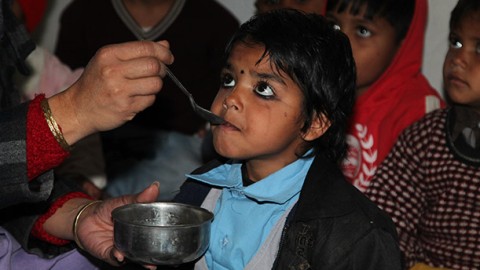
Prakarsh Singh of Amherst College in the U.S. will test different financial incentives to motivate staff at day care centers in India to improve their performance.

Kris Ansin of the Mali Health Organizing Project in the U.S. will work to improve the use of primary health clinics in Mali by identifying shortcomings in patients’ experiences at the clinics and working with staff to address them.